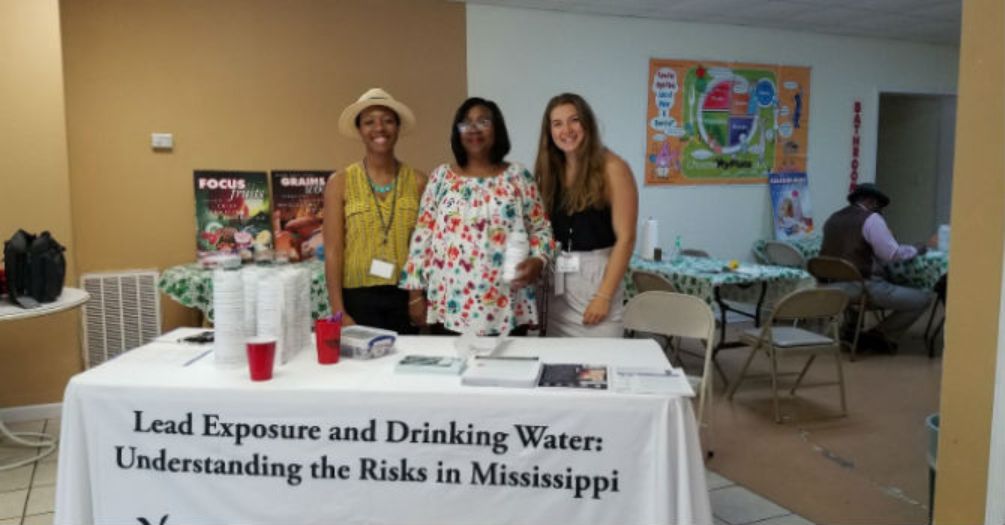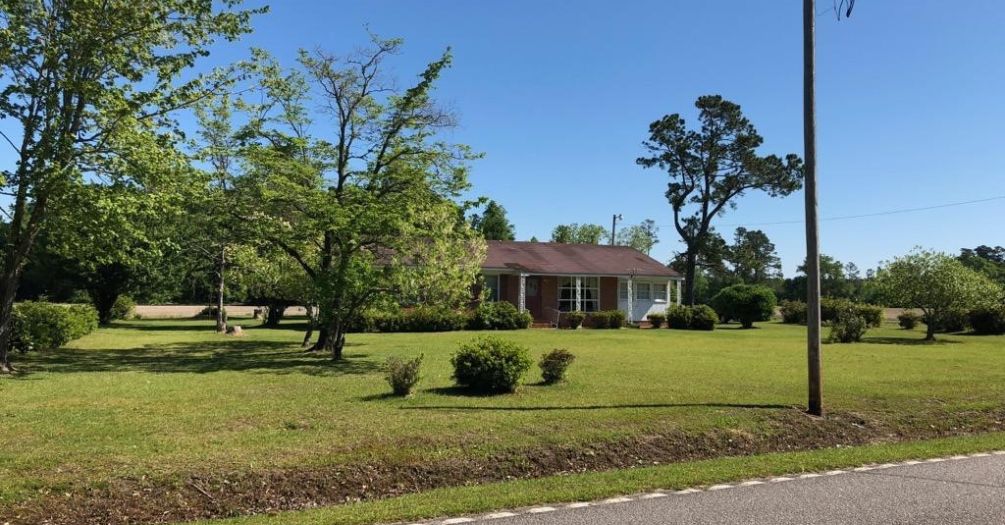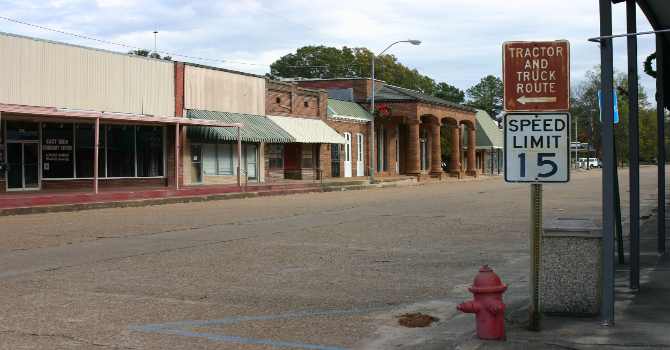For the Love of Food: Lessons Learned from a Partnership with the Detroit Food Policy Council
Madeline DeMarco, Health Behavior and Health Education Student and PHAST Member
June 27, 2019, Community Partnership, Food Policy, Practice

I am a part of a PHAST team that began working with the Detroit Food Policy Council (DFPC) this past Fall. We united over shared interests in food system work, healthy food access, and policy in Detroit. From the beginning we hoped that our partnership would provide useful, novel products for the Detroit Food Policy Council, but we were unsure of what these end-products would look like.
Through conversations with our partners, we arrived at the conclusion that creating a report that would provide snapshots of the food system, stakeholders, assets, and challenges in each of the seven Detroit City Council Districts would be the most useful for the DFPC. Our hope was that the DFPC would be able to use our report to better guide and tailor food policy messages to the decision-makers in each district.
Throughout this process, we quickly learned the importance of flexibility. Unlike tackling public health issues in a class where the assignment and rubric is set in stone, we were working on this project with real organizations and real people with dynamic schedules and priorities. This meant that the work we were doing was constantly evolving. We adapted the project based on feedback from our target audience, creating multiple iterations of the contents of our report. This style of work taught us to look at our report with critical eyes; as we shaped the content to better suit the DFPC’s needs we learned to separate the critical components from the fluff.
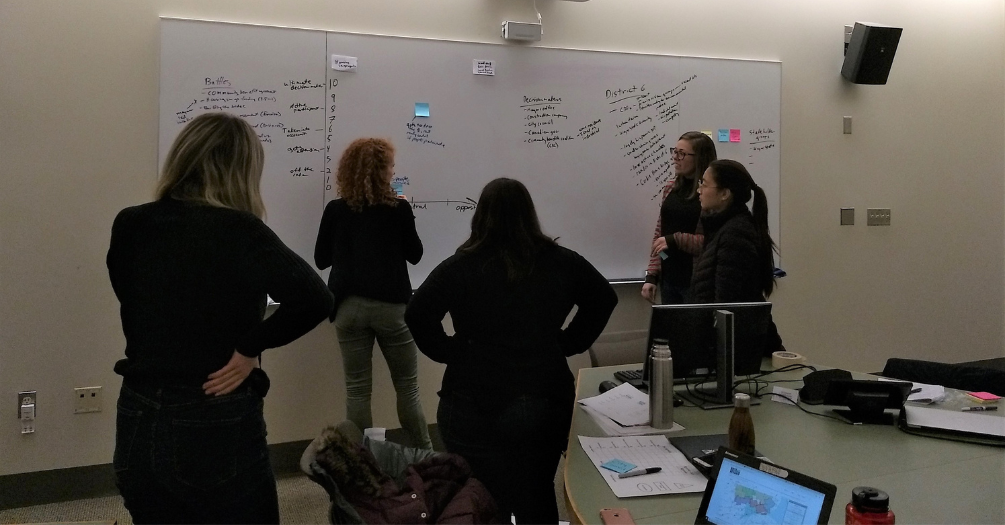
Katie Klemoia (Epidemiology), Madeline, Cate Vreede (Health Behavior and Health Education),
Emily Torres (Health Behavior and Health Education), and Angela Hong (Nutrition Science)
work through a power analysis exercise using the community benefits agreement for
the Gordie Howe Bridge as an example.
As the project progressed and we became more knowledgeable about our districts, we began to have more conversations about how to humbly enter into spaces that are not our own. Despite all the research we had done, virtually none of us on the project team were from Detroit and we felt daunted by the task of representing communities that are not our own. This was especially true when it came to identifying the challenges facing each of our districts. All of us agreed that we wanted our profiles to be asset-focused, yet we still felt it was important to identify potential areas for intervention. No matter how much research we had done, we felt unsure of how to present this information to the stakeholders we interviewed or to the DFPC in our final report. Who were we to tell these people about their own community, one that we were not a part of?
We discussed the challenge of presenting deficit-oriented information about a community back to itself. From these conversations we arrived at the conclusion that there is no perfect answer; we had to acknowledge our own limitations. We had done the research and the work, but had to recognize that at the end of the day, we are not the ones writing the stories. Our most important job as public health professionals is to step-back and listen, giving voice to the stories being written by the people actually living them.
Once we had agreed on how to best present our work, the rest of the project began to fall into place. We wrote our community descriptions, started mocking-up a template for the final report, and even presented our results to the DFPC at one of their council meetings at Eastern Market in Detroit. While I’m definitely relieved to finally have the report completed and turned in to the DFPC, I’m also proud of all the work we put in. I sincerely hope that we created something useful that the DFPC can use to increase access to nutritious food throughout Detroit, and I look forward to following up with them when we come back together in the Fall.
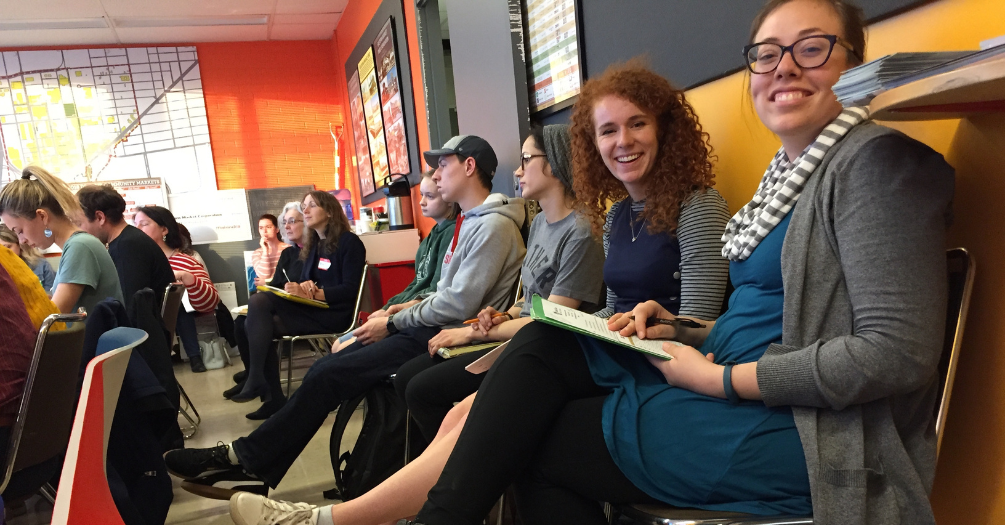
Madeline and Emily prepare to present their work at Detroit Food Policy Council’s
board meeting.
Interested in the final result of this project? Check back soon for an inside look at PHAST’s collaboration with the DFPC as we elaborate on what one of these council district profiles actually looks like!
Interested in supporting PHAST? Click here for a direct link.


